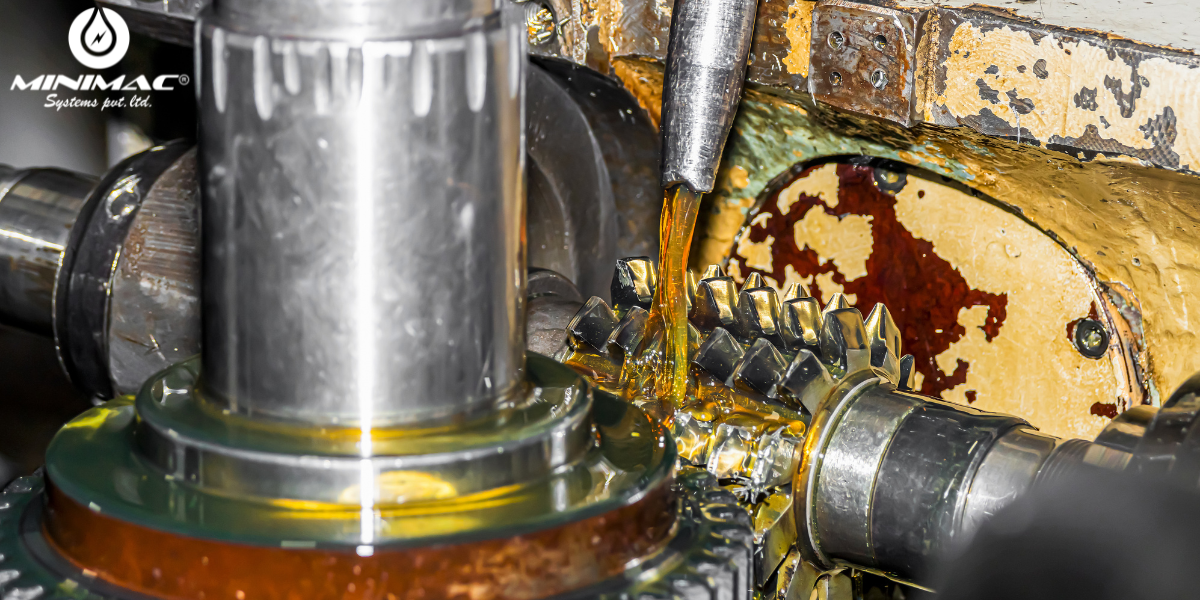The Role of Filtration Systems in Keeping Clean Oil
Introduction Have you ever thought about what makes your machinery last so long? Let's uncover the secret to its durability. In the manufacturing industry, machines are essential for keeping production running smoothly. However, with daily operation, machine oil becomes contaminated with debris and wear particles, which raises the risk of breakdowns and unexpected shutdowns. This is where “filtration systems” become essential. Filtration systems work on stage-wise filtration technology to remove the solid particles of lubricating and hydraulic oil to increase the life of the machine and reduce the cost. Importance of clean oil: Without the implementation of clean oil, it can lead to failure, and a decrease in production will cost a lot in the output for the manufacturing company. In turn, clean oil is important for the machinery to function effectively and run smoothly during production. Let's explore it. Improved Performance: Clean oil ensures that machinery operates at it...

